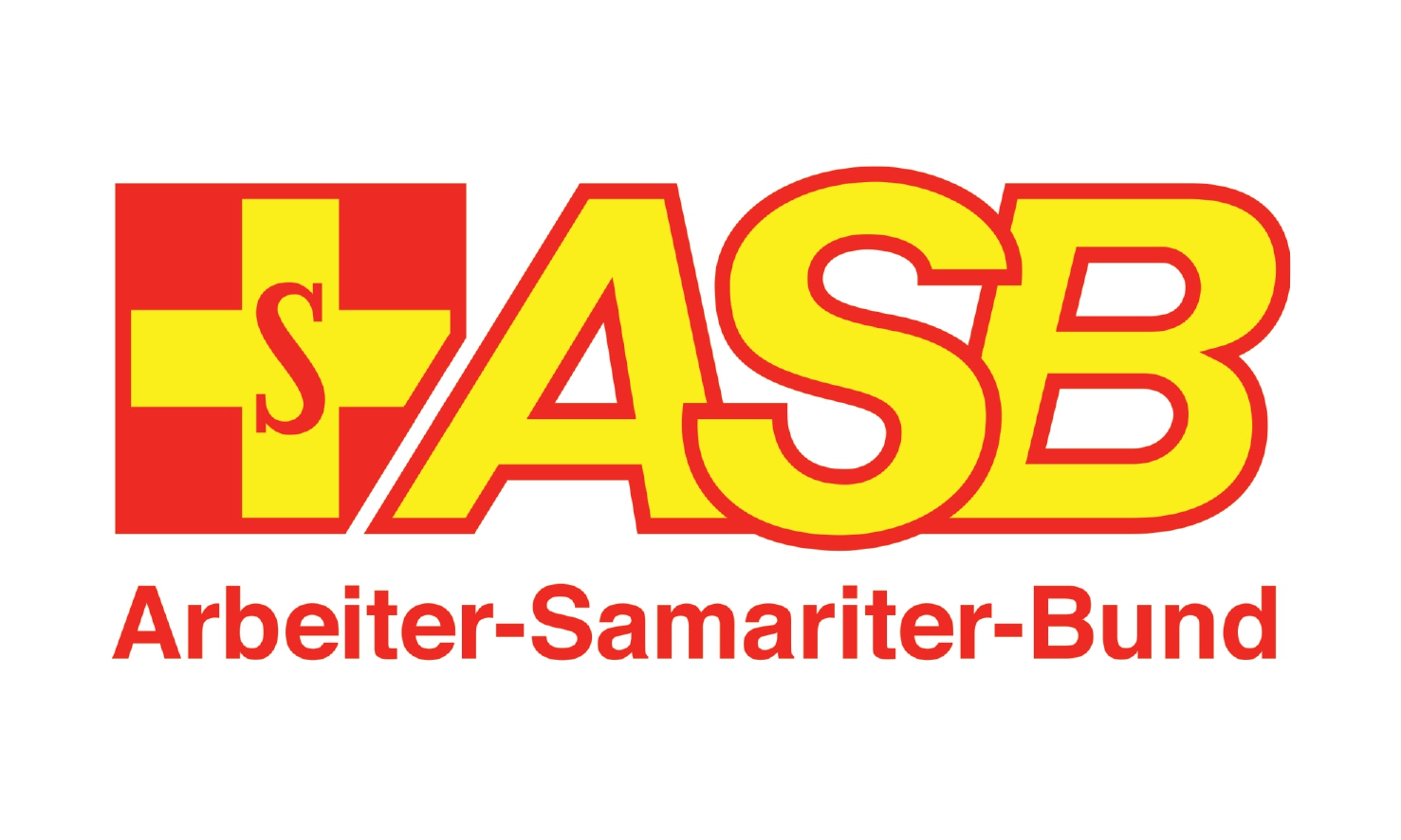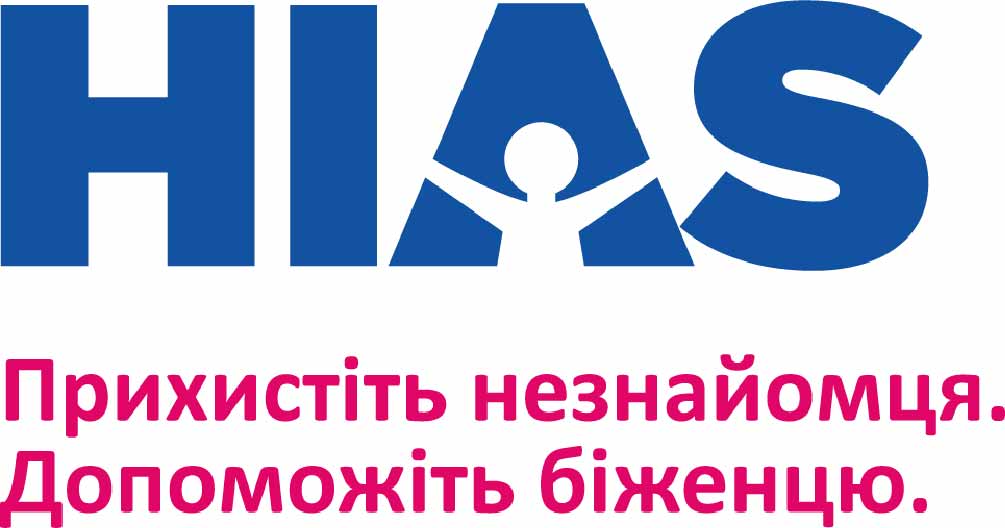Can employee business travel expenses be covered by a grant project they are not involved in?
ДрукуватиLegal requirements regarding business travels and its related expenses are typically governed by the laws and regulations of the country where the organization operates.
These regulations define the thresholds, reimbursement conditions, and documentation requirements for business travel expenses. Additionally, organizations must comply with internal policies, and any specific provisions set by funders. In cases where donor funding is involved, both local legal requirements and donor-imposed rules must be carefully considered to ensure compliance. Failure to adhere to both regulations (local law and donor) may result in financial penalties, audit findings, or the classification of costs as non-eligible.
Typically, employees on business travels are reimbursed for the following expenses (if they do not contradict grant agreements):
- Per diems;
- Lodging, including mandatory hotel services and local taxes, as per applicable legislation;
- Transportation to and from the business travel location;
- For international trips, costs related to visa processing, mandatory medical insurance, and other documented expenses required by entry and stay regulations, including any applicable taxes or fees;
- Local transport at the destination;
- Other necessary expenses.
To determine whether an employee’s travel costs can be covered by a project they are not involved in, the principles of costs eligibility must be considered.
Unless otherwise specified in the grant agreement, costs must meet the following general criteria to be deemed allowable:
- They must be necessary, reasonable, appropriate, and justified for the execution of the project(s) and included in the project budget(s).
- They must comply with any restrictions or exclusions outlined in the organization’s internal policies or donor agreements.
- They must align with internal policies and procedures applied consistently across all donor-funded projects.
- The classification of costs as direct or indirect must be consistent, and costs cannot be considered direct for one project if similar expenses under similar conditions are classified as indirect.
- They must be determined in accordance with generally accepted accounting principles and budgetary rules of the organization.
- They must be supported by proper documentation in compliance with applicable laws and donor requirements.
- They must be approved for payment in accordance with internal policies and procedures.
- They must not be prohibited by local law or donor regulations.
- They must be allowable under grant agreements.
- The costs must not exceed market rates and must comply with the organization’s procurement policies.
Grant agreements with donors may impose additional restrictions on the eligibility of costs, and organizations must strictly adhere to these provisions when planning and executing costs.
Considering the eligibility criteria mentioned above—particularly that costs must be necessary, reasonable, appropriate, and justified for the execution of a project and included in its budget—it can be concluded that if an employee is not a member of the project team of the project funding the business travel, such reimbursement of business travel costs may be recognized as a misappropriation of funds.
Supporting references from donor guidelines reinforce this conclusion. For example, the CFR applicable to U.S. federal grants states that costs must be “necessary and reasonable for the performance of the federal grant, and properly documented.” Similarly, under EU grant regulations, “costs must be declared under one of the project’s budget categories, incurred in connection with the execution of the project described in the grant agreement annexes, and necessary for its implementation.”
This material has been prepared Compass Group experts and reflects the authors’ opinions only. It does not constitute official legal advice and may not account for all nuances applicable to a specific organization.
If you have any uncertainties regarding the interpretation of grant agreements, feel free to contact us for professional assistance.



















